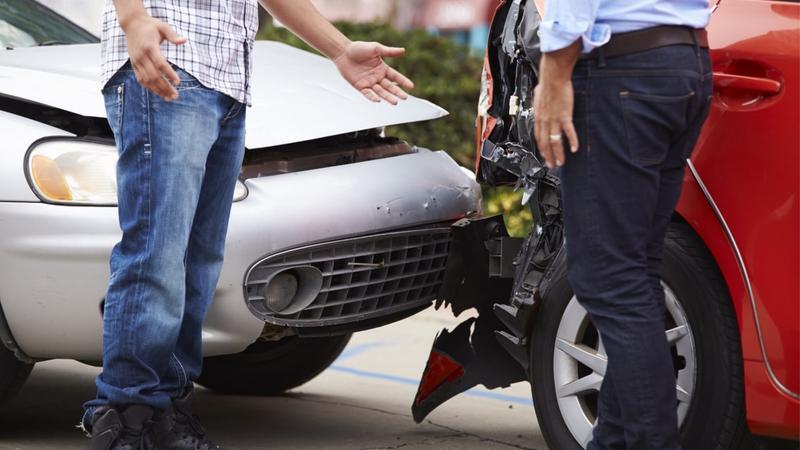Winter weather can cause a wide variety of hazardous road conditions, making driving dangerous and increasing the possibility of an accident occurring. Black ice, heavy snowfall, roads that have not been cleared of snow and other bad driving conditions can all make it more difficult to control your vehicle and avoid an accident. When it comes to filing a claim for a weather related accident, insurance companies may make some allowances for road conditions, but it remains the driver’s responsibility to take appropriate precautions when driving during the winter.
- Related Read: Winter Driving Safety Tips
- Related Read: The Top Ten Worst Winter Driving Habits
Determining Fault
When an insurance company determines fault, all circumstances of the accident are reviewed. This includes things like inclement weather or bad road conditions. If your car slides through an intersection or into another vehicle, or if you lose control and go off the road as a result of slick surfaces, you may feel that it is the road and not the driver at fault.
Unfortunately, in the eyes of an insurance company, it remains the driver’s responsibility to keep the vehicle under control no matter what the road conditions. Although icy roads can definitely contribute to an accident and no driver can be expected to control the weather, drivers must take extra precautions when driving in these conditions in order to avoid an accident.
While legal charges (as of a result of an accident) may be waived due to road conditions, insurance companies must always determine fault. When it comes to Ontario auto insurance, the Fault Determination Rules are always used by the insurance companies to decide who is at fault, regardless of road and weather conditions. In other provinces, insurance companies may use their own fault determination system. In most cases, the road conditions will not clear the driver of any fault in the accident.
In some cases, a 50-50 fault determination may be made and this might be the case when two cars collide due to both drivers losing control because of inclement weather or road conditions. This does not, however, clear either driver of fault; it only acknowledges that the fault was shared.
What Happens after Fault is Determined
If you are determined to be at-fault in an accident and you feel that the determination is wrong, you have the right to appeal the decision. You may cite bad weather or road conditions as the reason why you feel you are not at fault, but the insurance company will not use this alone as a determining factor. Unless you can show that another party was at fault, the determination will likely stand.
The insurance company may acknowledge that the road conditions bear some of the blame for the accident occurring, but it is the driver who may be faced with an insurance increase. Unfortunately, there is no lenience in terms of removing a weather-related accident from a driver’s insurance record. The accident will likely be treated the same for any at-fault accident, no matter what the contributing factors. If you’re insurance premium is high as a result of an accident, it may be time to shop around for car insurance quotes.
Avoiding a Winter Accident
The best way to avoid a claim that could drive rate increases during the winter is to be prepared for the bad road conditions that accompany the winter months. Be sure to winterize your car to avoid engine trouble that could cause you to lose control of the car and switch to a windshield fluid containing antifreeze to keep windows clear. Check your tires and use appropriate winter models during the snowy months and carry chains if you plan to drive through mountainous areas. Clean your headlights and all windows and mirrors to clear off the dirt that can build up during snowy months and defrost windows completely before leaving home.
When on the road, be sure to drive slowly and carefully and allow extra stopping distance, should the vehicle slide, giving you more time to gain control of the car. If the road conditions are very bad, it is usually best to stay off the road altogether.
Insurance companies do understand that sometimes the weather and road conditions can take control of a vehicle out of the driver’s hands. Unfortunately, someone must still carry the responsibility for an accident. When you decide to get behind the wheel of your car, you accept the responsibility for what happens while you are driving. Make sure you are aware of the potential dangers on the road from ice, snow and winter weather before driving. If you’re uncomfortable driving to your destination, it’s best to stay where you are or seek alternative transportation.
